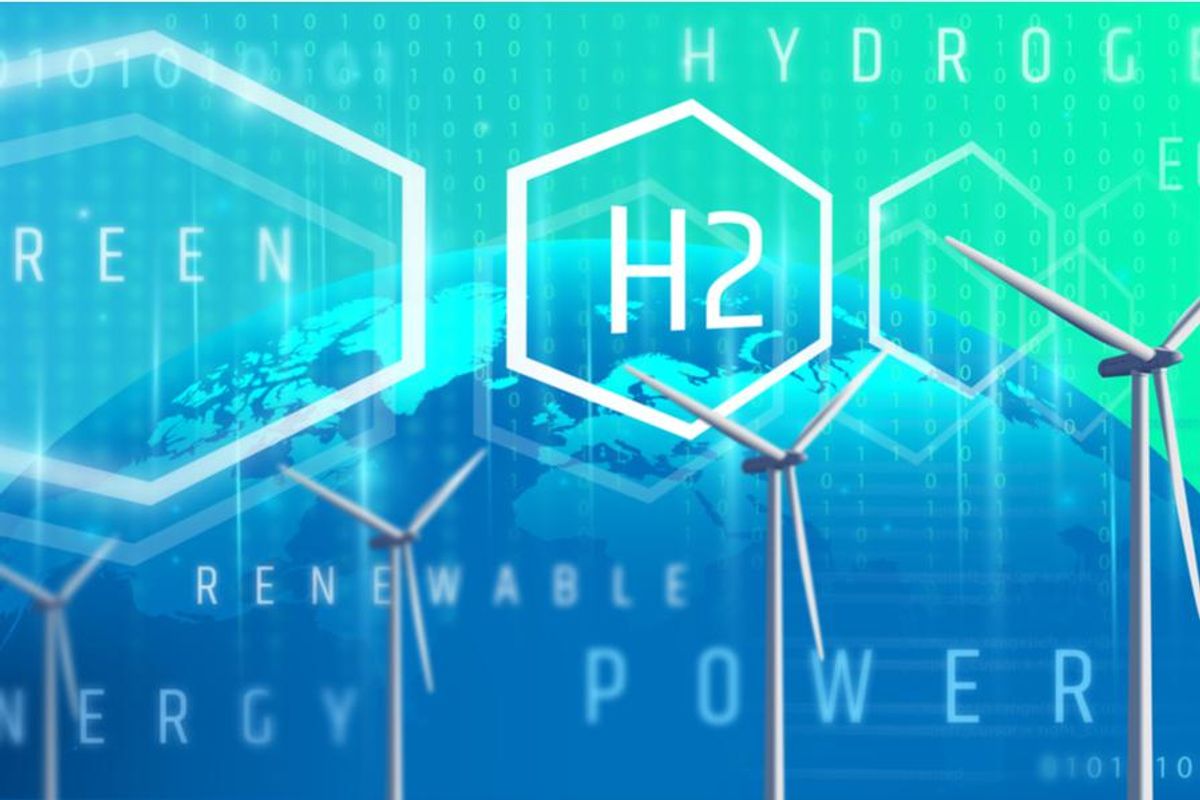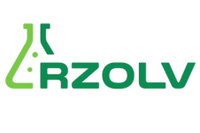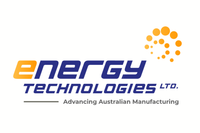Hydrogen Investing in Australia
Wondering about the future of hydrogen in Australia? Here's an overview of investing in hydrogen in the country.

Hydrogen has long been touted as the most important clean energy source of the future. However, 99 percent of hydrogen produced today is derived from power generated by coal or gas.
Thanks to technological advances and massive new investments made by the public and private sector, the industry is now making the critical transition towards clean "green" hydrogen — in other words, hydrogen that is produced via zero-carbon and low-carbon energy sources.
Australia, like most western nations, is determined to decarbonise its economy as part of the global transition toward renewables. Many industries now face strict targets for reducing emissions as part of the drive to lessen the carbon footprint left by Australia's steel and coal industries.
Although hydrogen is generally seen as a long-term investment play given the many years it takes to build new plants and add capacity in the market, last year saw investors rush to get in on the ground floor of the rapidly expanding Australian green energy market as smaller players began to make their mark.
In 2021, the ASX hydrogen sector saw some exponential gains in the share prices of several up-and-coming players, including Province Resources (ASX:PRL), Pure Hydrogen (ASX:PH2), Sparc Technologies (ASX:SPN), Environmental Clean Technologies (ASX:ECT) and QEM (ASX:QEM). These five companies led the way in driving interest in the kind of opportunity that the Australian hydrogen industry represents, both in the short and long term. Several key public/private partnerships also played a role in stimulating market interest.
Hydrogen investing in Australia: What is hydrogen and how is it used?
Hydrogen is the most abundant element on Earth. It is a colourless gas that can be burned to generate electricity, or alternatively can be combined with oxygen atoms in fuel cells. Hydrogen can be produced in gas or liquid form, and has the ability to replace fossil fuels in household heating, transportation and industrial manufacturing processes like steelmaking, which consumes massive amounts of power.
As a fuel, the great advantage of hydrogen is that it produces no carbon emissions, only water as a by-product. First discovered 250 years ago by English physicist Henry Cavendish, hydrogen was initially used in combination with oxygen to power internal combustion engines, hydrogen gas blowpipes and hydrogen gas lamps. It was later used in the construction of hydrogen-lifted airships and German Zeppelins until passenger service was abandoned after the tragic 1937 explosion of the Hindenburg Zeppelin in New Jersey, which killed 36 people.
Currently, the hydrogen market is valued at over US$100 billion, with the material being used widely as an industrial chemical, mainly by the petroleum industry for the production of ammonia, a principal ingredient in the manufacturing of nitrate fertiliser.
There is also growing demand for hydrogen by companies anxious to harness its properties as an effective means of storing power. But none of these applications for hydrogen compare to its extraordinary potential as a viable clean energy fuel for transportation ― particularly in trucks, airplanes and ships.
These essential means of transportation are difficult to decarbonise due to the weight of batteries and their inability to hold sufficient charge for long-haul trips. Hydrogen, however, offers a much lighter alternative as a clean-burning fuel that would go a long way to eliminating carbon emissions in the transport sector.
Hydrogen investing in Australia: Big players and government investment
Aside from the smaller-cap companies mentioned above, several major Australian energy companies, including Fortescue Metals Group (ASX:FMG,OTCQX:FSUMF), Origin Energy (ASX:ORG,OTC Pink:OGFGF) and Wesfarmers (ASX:WES,OTC Pink:WFAFF), are now rapidly expanding their investment in the hydrogen sector.
Clearly, if hydrogen is now in the process of realizing its potential as a replacement for oil- and coal-generated electricity, the leading steel, coal and gas producers may be well-positioned to bring about this shift in the energy mix. They possess the requisite financial might and technological/engineering expertise to become dominant players in the hydrogen sector as they assume their role in the transition from fossil fuels to renewable energy.
Aiding this growth in Australia's hydrogen industry is government support. The EU, for example, paid nearly half of the US$23 million cost of Shell’s (LSE:SHEL,NYSE:SHEL) Rhineland project, while Queensland has partnered with Fortescue on a AU$1 billion hydrogen project in Gladstone.
Last year alone saw a doubling in the number of newly announced large-scale hydrogen projects to over 500, as per a Hydrogen Council report. Nearly 75 percent of these long-term plant, port and pipeline projects are expected to be completed by the end of the decade, with 40 percent already funded or under construction.
Meanwhile, the Australian government is in the process of investing AU$1.4 billion in its domestic hydrogen industry as part of a growing global drive towards net-zero emissions. Australia's National Hydrogen Strategy intends to grow this industry and position Australia as a major player by 2030.
Aside from that, Australian Prime Minister Scott Morrison has set out an Australian technology roadmap that intends to pour a total of AU$20 billion into clean hydrogen, energy storage, low-emission steel and aluminium, carbon capture and storage and solar.
In June 2021, Morrison announced a joint hydrogen development program with Germany under which Australia will gain access to highly advanced German hydrogen technology, strengthening Australia's ambitions of becoming a leading hydrogen exporter. This will help Australia build up its capacity to export significant quantities of hydrogen to Germany as part of the European country's policy to reduce reliance on fossil fuels.
Australia will also be partnering with Japan (to develop new hydrogen fuel cell technology and establish the world's first clean liquefied hydrogen export pilot project), Singapore (to accelerate low-emission technologies) and Korea (to collaborate on hydrogen supply chain research and low- and zero-emission technology).
Hydrogen investing in Australia: Long-term outlook
The promise of Australia's hydrogen market is strong — indeed, the Australian Renewable Energy Agency believes the space could be worth up to AU$10 billion annually by 2040, at which time the country would be putting out over 3 million tonnes of renewable hydrogen on a yearly basis.
But putting matters into perspective, proposed long-term investments in transitioning towards hydrogen are still dwarfed by Big Oil's average annual expenditure on developing new fields.
In today's early stages, investors looking to enter Australia's hydrogen space have plenty of choices, whether they want to start with the larger players or try their hand at determining which earlier-stage stocks will be successful.
Don’t forget to follow us @INN_Australia for real-time updates!
Securities Disclosure: I, Harold Von Kursk, currently hold no direct investment interest in any company mentioned in this article.
- John Wilson: How to Invest in Carbon Credits as Climate Concerns ... ›
- Renewable Energy in Australia - Investing News Australia ›
- How to Get Started in ASX Water Stocks - Investing News Australia ›
- ASX Cleantech Stocks | Companies to Watch | INN - Investing News ... ›



